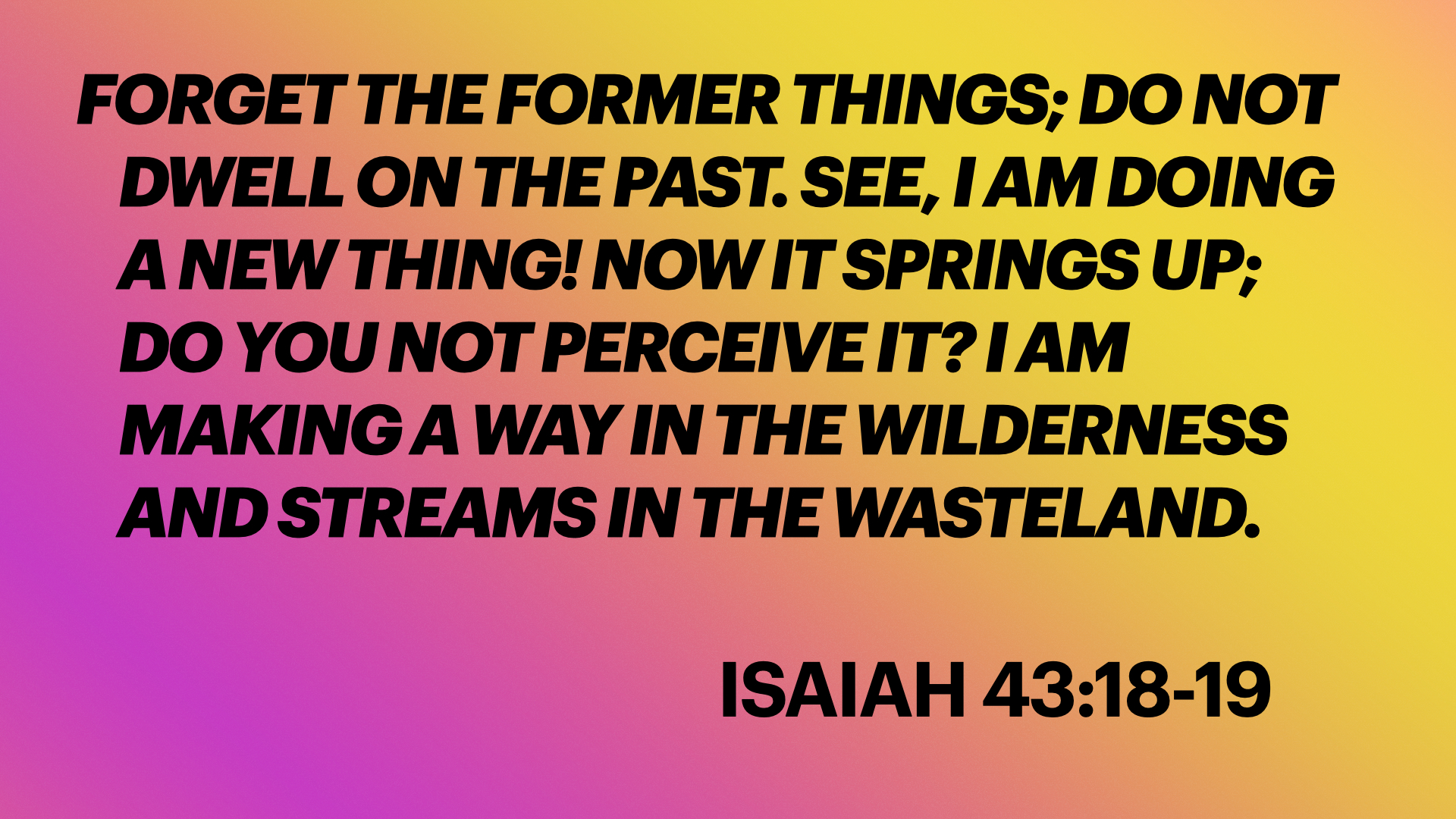Self-deprecating humour can be marvellously useful in effective speaking. On the other hand, it has the potential to be unhelpfully distracting if used poorly.
Let me me bring you some tips about how to use self-deprecating humour from someone who may be the master of this genre, my friend Tony Heath.
He preached one of his typically straightforward and human lessons this last Sunday in Thames Valley. He spoke on the topic of “spiritual maturity” from Hebrews chapter 5 and 6.
I’m going to use one of his illustrations as an example of the effective use of self-deprecating humour. This illustration about playing badminton was used to bring his point, “Able to teach/Able to learn, Hebrews 5.11-12) to life.
Have a look at the video clip and then we will tease apart what makes it work…..
I believe there are three aspects to self-deprecating humour which make it work.
- Emotionally engaging not overwhelming. Tony helped us to understand how we felt, and we were able to feel his embarrassment along with him. He came alongside us and we came alongside him. The feelings were real and reasonably strong. But they were not overwhelming. Self-deprecating humour is affected when it causes an emotional reaction, but it must not leave the listener feeling so sorry for the speaker that it stops them listening.
- Meaningful, but not long. Tony gives us enough information to be able to enter into his world. We understand how he felt. We can picture it. But, it was not too long with too much detail which would then distract from his point.
- Closely tied to the point. You will notice that the personal sharing about his badminton humiliation fits well into his main point. He has not shoehorned it in just because it’s a good story.
What do you think are the most important aspects of self-deprecating humour? What makes it work? What prevents it from working well? Please share your own tips on this topic.
Please add your comments on this week’s topic. We learn best when we learn in community.
Do you have a question about teaching the Bible? Is it theological, technical, practical? Send me your questions or suggestions. Here’s the email: malcolm@malcolmcox.org.
If you’d like a copy of my free eBook on spiritual disciplines, “How God grows His people”, sign up at my website: http://www.malcolmcox.org.
Please pass the link on, subscribe, leave a review.
“Worship the LORD with gladness; come before him with joyful songs.” (Psalms 100:2 NIV11)
God bless, Malcolm
PS: You might also be interested in my book: “An elephant’s swimming pool”, a devotional look at the Gospel of John


